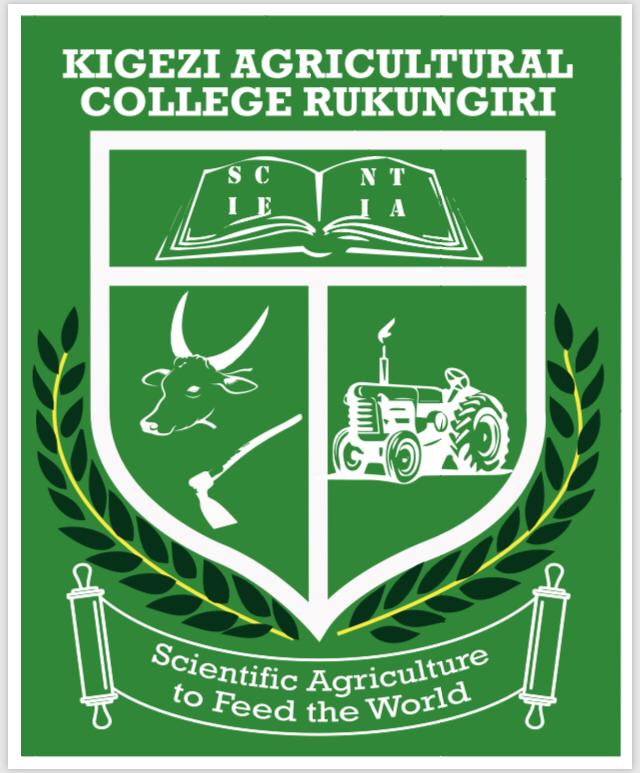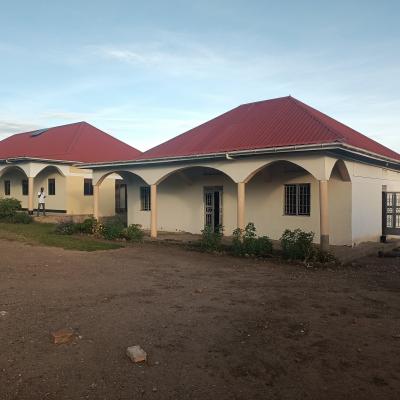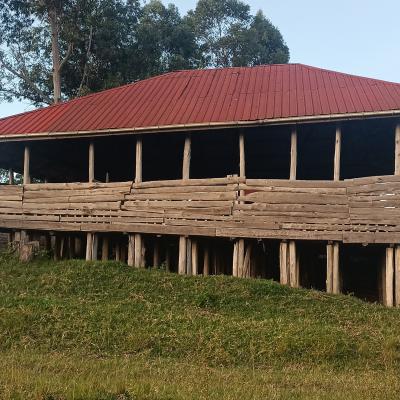Introduction
Uganda, often referred to as the "Pearl of Africa," is blessed with fertile soils, favorable climates, and abundant water resources. Agriculture is the backbone of Uganda's economy, employing over 70% of the population and contributing significantly to the country's GDP. However, despite its potential, the sector faces numerous challenges, including low productivity, climate change, and limited access to modern farming techniques.
To unlock the full potential of Uganda's agricultural sector, farmers and stakeholders must embrace modern agricultural practices. These practices not only increase productivity but also promote sustainability, resilience, and profitability. In this blog post, we will explore some of the modern agricultural practices that can be adopted in Uganda to transform the sector and ensure food security for future generations.
1. Precision Agriculture: Maximizing Efficiency
Precision agriculture involves using technology to optimize crop yields and reduce waste. This practice relies on tools such as GPS, drones, and sensors to monitor soil conditions, crop health, and weather patterns. In Uganda, where smallholder farmers dominate the agricultural landscape, precision agriculture can be scaled down to suit local needs.
-
Soil Testing: Regular soil testing helps farmers understand nutrient deficiencies and apply fertilizers more efficiently.
-
Drip Irrigation: This water-efficient method delivers water directly to plant roots, reducing water wastage and improving crop yields.
-
Mobile Apps: Farmers can use mobile apps to access real-time weather forecasts, market prices, and expert advice.
By adopting precision agriculture, Ugandan farmers can make informed decisions, reduce input costs, and increase productivity.
2. Agroecology: Farming in Harmony with Nature
Agroecology is a sustainable farming approach that integrates ecological principles into agricultural production. It emphasizes biodiversity, soil health, and natural pest control, making it ideal for Uganda's diverse ecosystems.
-
Crop Rotation and Intercropping: Rotating crops and planting complementary crops together can improve soil fertility and reduce pest infestations.
-
Agroforestry: Integrating trees into farming systems provides shade, improves soil structure, and diversifies income sources.
-
Organic Farming: Reducing reliance on chemical fertilizers and pesticides promotes long-term soil health and environmental sustainability.
Agroecology not only boosts yields but also enhances resilience to climate change, making it a viable option for Ugandan farmers.
3. Mechanization: Reducing Labor and Increasing Productivity
Manual labor remains a significant challenge for Ugandan farmers, often leading to inefficiencies and low productivity. Mechanization can address this issue by introducing tools and machinery that simplify farming operations.
-
Tractors and Tillers: These machines can prepare land faster and more efficiently than manual labor.
-
Planters and Harvesters: Automated planting and harvesting equipment can save time and reduce post-harvest losses.
-
Solar-Powered Tools: Solar energy can power irrigation pumps, grain mills, and other equipment, reducing reliance on fossil fuels.
While the initial cost of machinery may be high, government subsidies and cooperative farming models can make mechanization accessible to smallholder farmers.
4. Climate-Smart Agriculture: Adapting to a Changing Climate
Climate change poses a significant threat to Uganda's agriculture, with unpredictable rainfall patterns, prolonged droughts, and increased pest outbreaks. Climate-smart agriculture (CSA) offers solutions to mitigate these challenges.
-
Drought-Resistant Crops: Planting crops that can withstand dry conditions ensures food security during droughts.
-
Rainwater Harvesting: Collecting and storing rainwater provides a reliable water source during dry spells.
-
Conservation Agriculture: Minimal soil disturbance, crop rotation, and mulching help retain soil moisture and improve fertility.
By adopting CSA practices, Ugandan farmers can build resilience to climate change and safeguard their livelihoods.
5. Value Addition and Market Access: Boosting Profitability
Many Ugandan farmers struggle with low profits due to limited value addition and poor market access. Modern practices in post-harvest handling and processing can significantly increase income.
-
Processing Facilities: Establishing small-scale processing units for crops like coffee, maize, and fruits can add value and reduce post-harvest losses.
-
Packaging and Branding: Attractive packaging and branding can help farmers access premium markets.
-
E-Commerce Platforms: Online marketplaces connect farmers directly with consumers, eliminating middlemen and increasing profits.
Value addition and improved market access empower farmers to earn more from their produce and invest in their farms.
6. Farmer Education and Extension Services: Building Capacity
Knowledge is a critical component of modern agriculture. Providing farmers with access to education and extension services ensures they can adopt and implement new practices effectively.
-
Training Programs: Workshops and demonstrations on modern farming techniques can equip farmers with the skills they need.
-
Extension Officers: Regular visits from agricultural experts can provide personalized advice and support.
-
Farmer Cooperatives: Collaborative groups enable knowledge sharing and collective problem-solving.
Investing in farmer education and extension services is essential for the widespread adoption of modern agricultural practices.
Conclusion
Uganda's agricultural sector holds immense potential, but realizing this potential requires a shift from traditional methods to modern, sustainable practices. By embracing precision agriculture, agroecology, mechanization, climate-smart agriculture, value addition, and farmer education, Ugandan farmers can increase productivity, enhance resilience, and improve their livelihoods.
The journey toward modern agriculture is not without challenges, but with the right policies, investments, and partnerships, Uganda can transform its agricultural sector and secure a prosperous future for its people. Let us work together to cultivate a sustainable and thriving agricultural landscape in the Pearl of Africa.
Call to Action
Are you a farmer, policymaker, or agricultural enthusiast? Share your thoughts on modern agricultural practices in Uganda in the comments below. Let’s collaborate to drive positive change in Uganda’s agricultural sector!
Don’t forget to share this post with your network to spread awareness about the future of farming in Uganda. Together, we can make a difference! 🌱🇺🇬






